Speakers
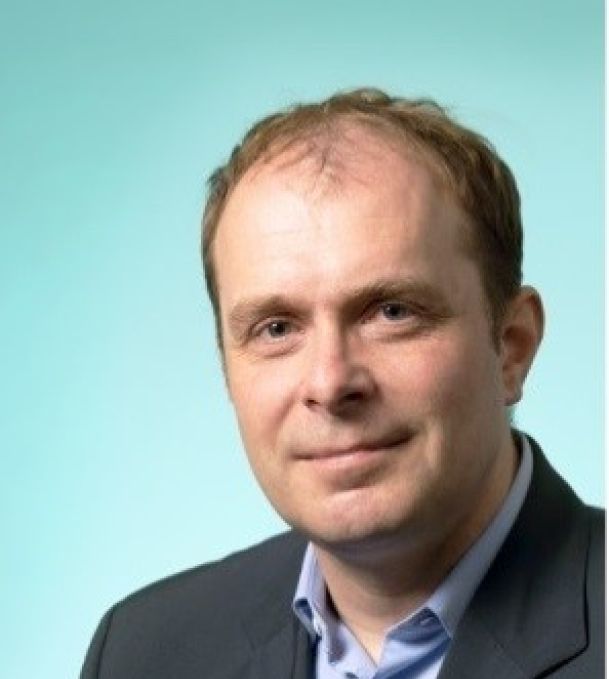
Marc Koper
Marc Koper is Professor of Surface Chemistry and Catalysis at Leiden University, The Netherlands. He received his PhD degree (1994) from Utrecht University (The Netherlands) with a thesis on nonlinear dynamics and oscillations in electrochemistry. He was an EU Marie Curie postdoctoral fellow at the University of Ulm (Germany) and a Fellow of Royal Netherlands Academy of Arts and Sciences (KNAW) at Eindhoven University of Technology, before moving to Leiden University in 2005. His research in Leiden focuses on fundamental aspects of electrocatalysis, theoretical electrochemistry, and electrochemical surface science, in relation to renewable energy and chemistry.
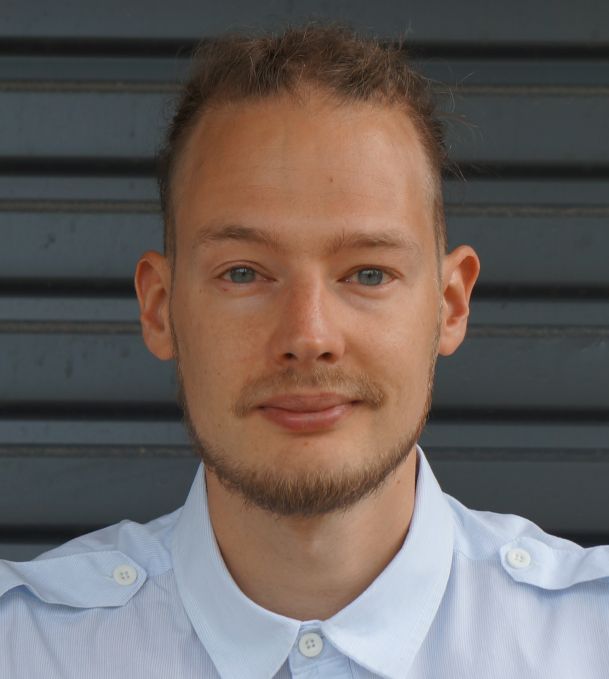
Michael Koepke
Michael is a pioneer in genetic engineering of gas fermenting organisms. His research on Clostridium ljungdahlii demonstrated for the first time that gas fermenting acetogens can be genetically modified and provided a genetic blueprint of such an organism.Currently, Michael is Director of Synthetic Biology at LanzaTech, a company that has developed a proprietary gas fermentation process that is revolutionizing the way the world thinks about waste carbon by treating it as an opportunity instead of a liability. Michael is responsible for genetic engineering and strain development of LanzaTech’s proprietary gas fermenting organisms for production of advanced fuels, commodity chemicals and biopolymers directly from waste gases.
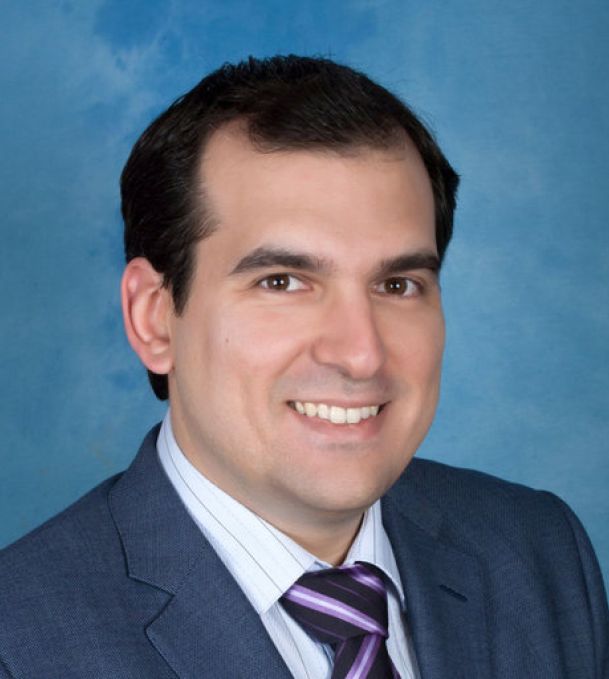
Marios Katsiotis
Dr Marios S. Katsiotis was awarded his PhD in Chemical Engineering in 2009 from the School of Chemical Engineering at the National Technical University of Athens, where he also received his MEng in Chemical Engineering. During his post-doctorate work, he held an instrumental role in establishing a world-class network of excellence with collaborating partners from Greece, UAE, Korea and USA. Since joining TITAN Cement Group in 2016, his role as the Group Research & Innovation Manager is to implement innovation throughout the value chain of cement-based products, with focus on improving carbon footprint and product performance.

Massimiliano Antonini
graduated in Chemical Engineering at Politecnico di Torino where he is currently a consultant. He is CEO/President and co-founder of HST since 2003. He is author of a European patent (2004) on a method to build PEM fuel cells components via plasma treatment and co-author of three PCT patents on hydrocarbons reforming and fuel processing.
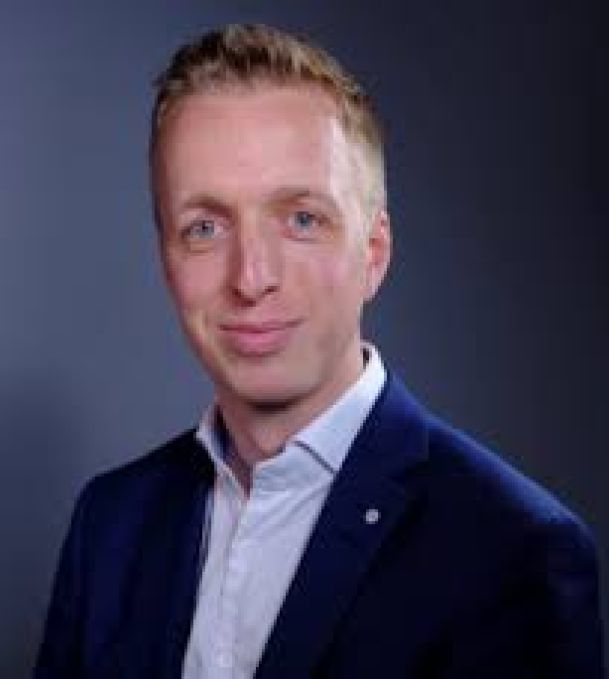
Klaas Jan Schouten
Dr. Schouten obtained his MSc Cum Laude in 2009 from Leiden University. He continued with Prof. Marc Koper Dr. Klaas Jan Schouten obtained his MSc Cum Laude in 2009 from Leiden University. He continued with Prof. Marc Koperfor a PhD project on electrochemical CO2 reduction. His thesis has been awarded with the Dutch Catalysis Society Award2015 and the European Federation of Catalysis Societies (EFCATS )Best PhD Thesis Award 2015. At the moment he isworking at Avantium, where he has been Project Leader of several projects on electrochemistry including multiple FP7 /H2020 projects on electrosynthesis and carbon dioxide reduction. As a Program Manager he is now responsible the contentrelatedmanagement of all projects in Avantium’s electrochemistry research program.
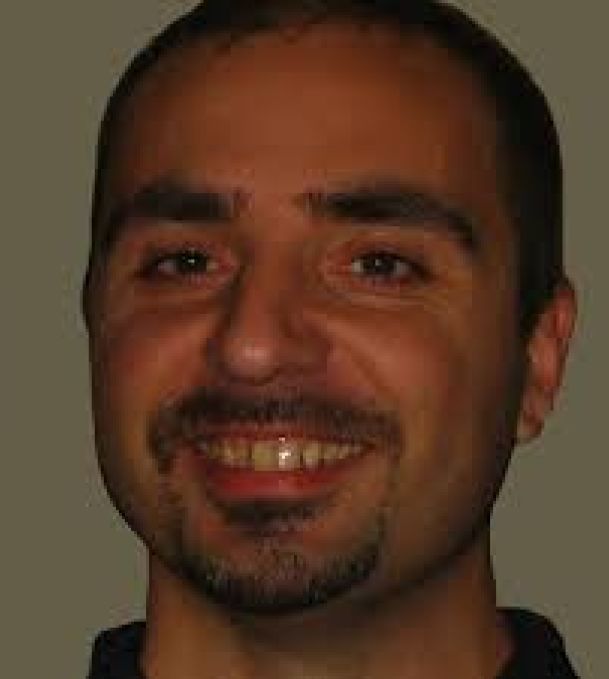
Sergio Bocchini
He received hisHe received hisPh.D. in the University of Pisa. In the 2003 he obtained a Marie Curie Post Doc at the INSA of Lyon. In 2005 he moved asassistant researcher at Politecnico di Torino excluding an experience as invited professor at University of Clermont-Ferrand.He is Researcher at the Center for Space Human Robotics of Istituto Italiano di Tecnologia, Torino, since 2012. His researchinterest covers polymer composites, organic inorganic hybrids/nanocomposites and ionic/elecctronic conductive polymers.
Katalin Kovács
Katalin Kovács is a biotechnologist and her area of interest is in microbialKatalin Kovács is a biotechnologist and her area of interest is in microbialengineering for added value chemical synthesis using both cellulosic and C1 gas utilising chassis. Herresearch is focused on developing solvent producing clostridia strains able to utilise various cellulosicsubstrates and metabolic engineering of CO2 utilising bacteria species for the sustainable production of valueadded chemicals. She currently leads the team within the UNOTT SBRC that is focussed on the productionof 3-hydroxyproprionic acid using Cupriavidus necator.
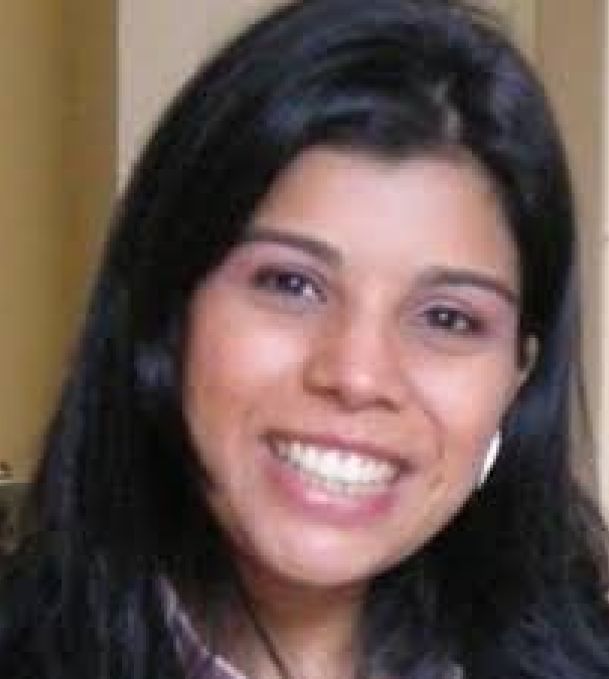
Simelys Hernandez
Simelys Hernández got the degree in Chemical Engineering, with highest honors (Lode) at both Politecnico di Torino (Polito, Turin, Italy) and at Universidad Central de Venezuela (Caracas, Venezuela) in 2004 and completed her PhD in Chemical Engineering at Polito in November 2009. Since June 2016, she is Assistant Professor at Politecnico di Torino and is responsible of the research team: CO2 reduction for a low-carbon economy (CREST group). She is collaborator at the CSFT of the Italian Institute of Technology
(IIT@Polito), member of the RSC, MRS and ISE. She has worked in the coordination and scientific teams of FP7 and H2020 EU projects (SOLHYDROMICS, MCWAP, ArtipHyction, ECO2CO2, TERRA and OCEAN) and is currently vice-coordinator of the EU H2020 projects CELBICON (http://celbicon.org/) and RECODE (https://www.recodeh2020.eu/) aimed to capture and convert CO2 from atmosphere and a cement industry to high-added value chemicals, fuels, biopolymers and cement additives. She was in the team that develop the first pilot scale (1.6 m2) photo-electrochemical reactor for H2 production (the Artiphyction project prototype). Currently, her main interest are in the development of innovative and sustainable systems for the capture and conversion of the CO2 based on electrochemical and photocatalytic technologies. She is Associate Editor of the Journal Frontier in Chemistry (section Catalysis and Photocatalysis). She is currently co-author of more than 60 papers (>1500 citations) in international peer-reviewed journals and her H-index is 24. She is reviewer of high-level international scientific journals such as Nature Catalysis, Appl. Cat. B: Environm., Adv. Energy Mat., ChemSusChem and Green Chemistry, among others.
Alexandru Morosanu
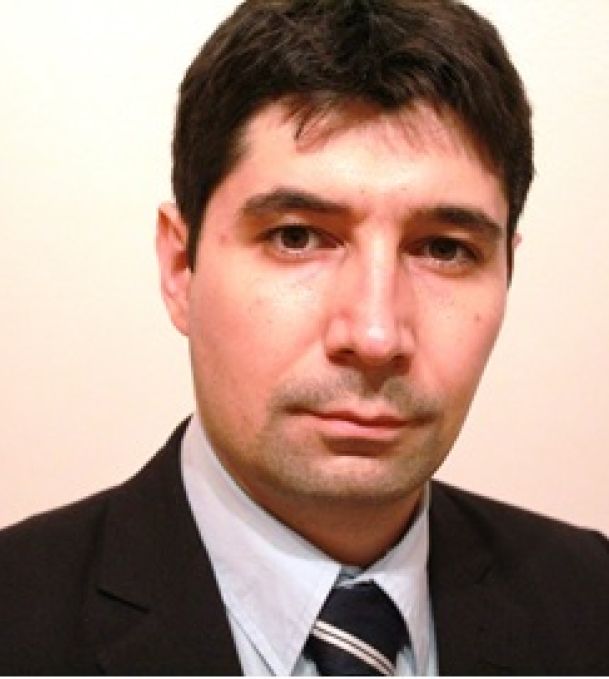
LENARD-ISTVAN CSEPEI
Dr. Lenard-Istvan Csepei is a chemist, holder of Master degree in Applied Electrochemistry from the Babes-Bolyai University Cluj-Napoca. In 2011 he defended his PhD Thesis about propane oxidation to acrylic acid written at the Fritz-Haber Institute of the Max-Planck Society. Then he worked at the Technical University Dresden on projects related to energy conversion. In 2013 he started to work at the Fraunhofer Institute for Interfacial Engineering and Biotechnology IGB, Straubing branch. He takes part in the acquisition, management and processing of several public and direct industrial projects related to CO2-, energy- and biomass conversion.
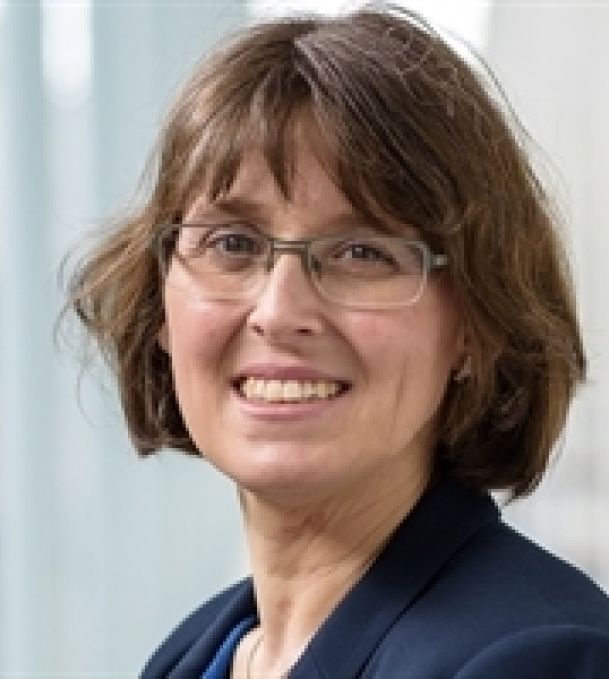
Ana Conteras
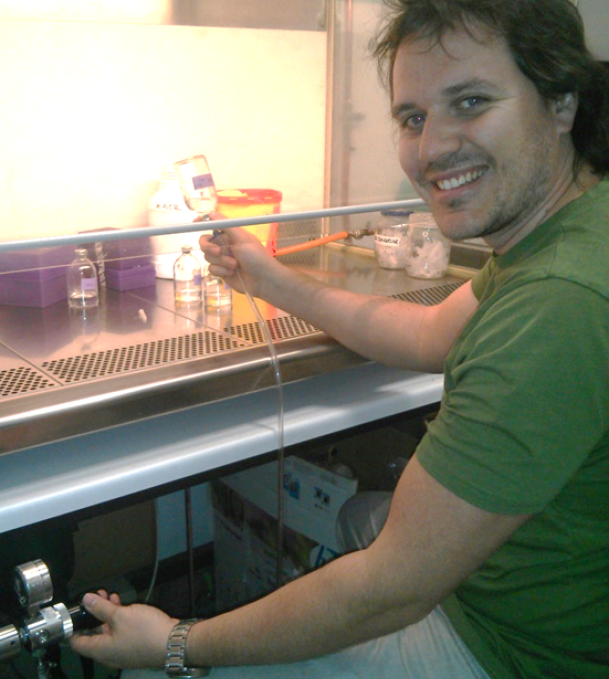
Gonzalo Durante
Dr. Gonzalo Durante obtained his PhD in Biochemistry and Molecular Biology in the Biological Research Center (CIB-CSIC) in Madrid (2009). During the PhD he was collaborating in two blogs related with the dissemination of science and fighting against the pseudoscience. During the last two years, he has redirected his activity to the world of children, giving workshops and talks to children between 5 and 12 years old in schools. In this activity he combines the design of ingenuity games and the “surprise effect” with scientific spreading, creating a new kind of workshops where children learn science while having a great time.
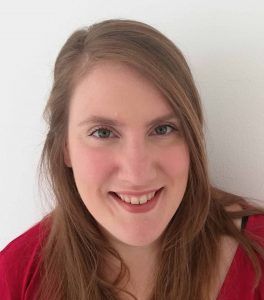
Edurne Inigo
Dr. Edurne Inigo is a postdoctoral researcher at Wageningen University, The Netherlands. Her research interests are the management of sustainability-oriented innovation, responsible innovation and how they can act as levers in the transition to sustainable economies. She currently collaborates with H2020 project RRING and has published in journals such as Journal of Cleaner Production, Technological Forecasting and Social Change or Industry and Innovation. Edurne serves as the early-career member of the Board of the ERSCP (European Roundtable of Sustainable Consumption and Production) and as section editor for the SDG 8 volume in Springer’s Encyclopaedia of the UN Sustainable Development Goals.
Before joining the team at Wageningen, she obtained her PhD in Competitiveness and Economic Development cum laude at Deusto Business School (DBS) and was a Visiting Researcher at Lappeenranta University of Technology. She has managerial experience as a consultant, co-founded a boutique sustainability and innovation consultancy firm and has worked as a freelance in multiple projects, for the European Commission (DG Connect), the public sector and start-ups. She studied Law at the University of the Basque Country (LLM), International Business at the London Metropolitan University (MA) and European Political Economy at the London School of Economics (Exec. Grad. Programme).
PAUL HUDSON
He is an associate professor (2018) and docent (2015) in the Department of Protein Science at the School of Engineering Sciences in Chemistry, Biotechnology, and Health (CBH), located at Science for Life Laboratory in Solna.
His research is on the metabolism of bacteria that fix carbon dioxide. Energy sources for these bacteria can be sunlight, hydrogen, other gases, or metals. His main focus is on photosynthetic cyanobacteria and hydrogen oxidizing bacteria that use the Calvin Cycle. An ultimate goal is to engineer the metabolism so that these bacteria fix CO2 and can convert it into chemicals and fuels at high rates. To do this, his group uses metabolic engineering, synthetic biology, and systems biology. Hudson’s group also collaborates with groups that have expertise in metagenomics, bioinformatics, and photosynthesis. He is also engaged in teaching. He is the course responsible for Gene Technology (Year 1) and gives guest lectures in metabolic engineering within the Chemical Engineering school. He teaches a reading course on Systems Biology as part of the Science for Life Laboratory Master's program.
ARNE SEIFERT
Dr. Arne Seifert studied Technical Chemistry at the Vienna University of Technology, before starting his PhD in bioprocess technology, always at the same university, sponsored by the Krajete GmbH and giving fundamental contribution to the development of the methanation process. He now works at Krajete GmbH as project manager and process development engineer.
AKRIVI ASIMAKOPOULOU
Akrivi Asimakopoulou is an affiliated researcher in the Centre for Research & Technology Hellas, Thessaloniki, Greece. She is a Chemical Engineer and holds a PhD (Aristotle University of Thessaloniki, Greece, 2006) on membrane-based physicochemical processes. She is extensively experienced in the design and development of process unit setups (at lab and pilot scale) for environmental, energetical and biological applications. Her current research activities are related to carbon mitigation technologies through innovative CCU membrane-based methods and utilization of captured CO2 through mineralization towards the development of added value products for environmental and biological applications.
SEBASTIEN BERNACCHI
Sebastien Bernacchi holds a MSc in chemical engineering and biotechnology earned at the Federal Polytechnique of Lausane, Switzerland and is currently employed at Krajete GmbH as project manager and process development engineer. In addition, he is finishing his PhD in bioprocess technology at the Vienna University of technology where he worked from 2012 until 2015 on the development of the biological methanation process.
mariana araujo
bjorn stelzner
sorani montenegro
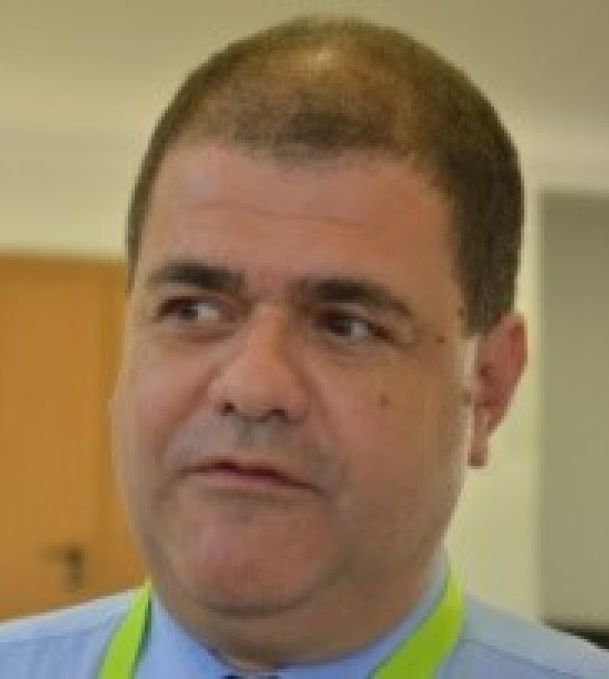
George Skevis
George Skevis is a Principal Researcher in the Centre for Research & Technology Hellas, Thessaloniki, Greece. He is a Mechanical Engineer (BEng, Imperial College London, UK, MS, Stanford University, USA) and holds a PhD from Imperial College London, UK (1996) on combustion chemistry. His research focuses on the chemistry of alternative, renewable fuels, the development of optical diagnostics for combusting flows and the numerical modelling and simulation of reacting flows. He is currently the Vice-Chair of the SMARTCATS European Network on the science and technology of Smart Energy Carriers and coordinates the MemCCSea EU project for CO2 capture and storage at sea.